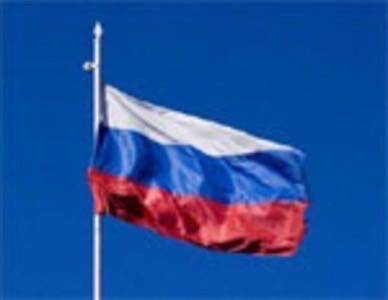Russia, which is home to almost 30 million of Europe’s 350 million Internet users may begin to extend its strict media censorship laws to the Internet, according to a report in the AFP. State newspaper Rossiiskaya Gazeta reported today that Russia’s prosecutor’s office wants to toughen its “anti-extremism” laws on the web. Most newspapers and television are already under some form of governmental control, which makes the Internet one of the last places for free press in the country. New proposals would begin to erode the last bastion of press freedom in the country.

“The Internet is the freest area of the media in Russia,” writes the AFP. Under current laws, Russian newspapers and television stations may be shut down by the government for printing or broadcasting content deemed extreme. A new proposal would extend that law to Internet web sites, which would need to be blocked “within a month” by ISPs if found to be publishing content what the government considers too extreme.
Freedom of speech advocates in Russia call the extremism laws too vague and sweeping, arguing that they are open for abuse by government officials. Last year, Russian news site www.gazeta.ru was warned for extremism after writing about political cartoons that satirized the prophet Mohammed.
Suprisingly, surveys show that many Russians actually favor government control of the media. A 2005 study found that 82% of Russians were in favor of censorship on television, though generally that referred to the removal of “ethically questionable” material (such as sex or violence) rather than the supression of free political thought. It should be noted that Article 29 of the Russian Constitution guarantees freedom of the press.
“It is a worry whenever the government tries to change any law,” Oleg Panfilov, director of the Centre of Journalism in Extreme Situations, told the AFP. “It is difficult to find anyone who is not against extremism but it depends on how the law is used. The government uses (it) selectively.”
A 2007 report on press freedom from Freedom House (PDF) rated Russia as “not free” and noted that specifically the atmosphere of press freedom had decline under President Vladimir Putin. That’s a trend that seems to have continued in 2008 and begun to spread toward the realm of government Internet censorship. A couple of months ago, it was reported that Russian ISPs were “testing” filters and blocking a few major opposition party news web sites.

















